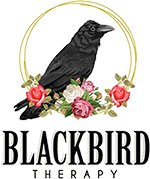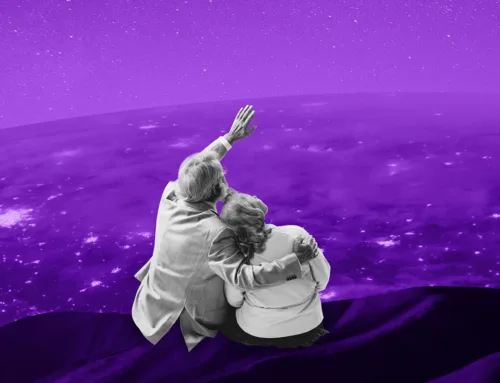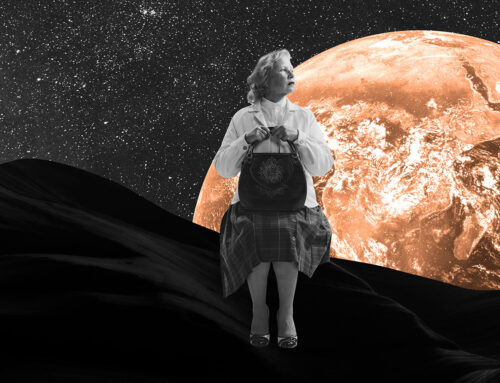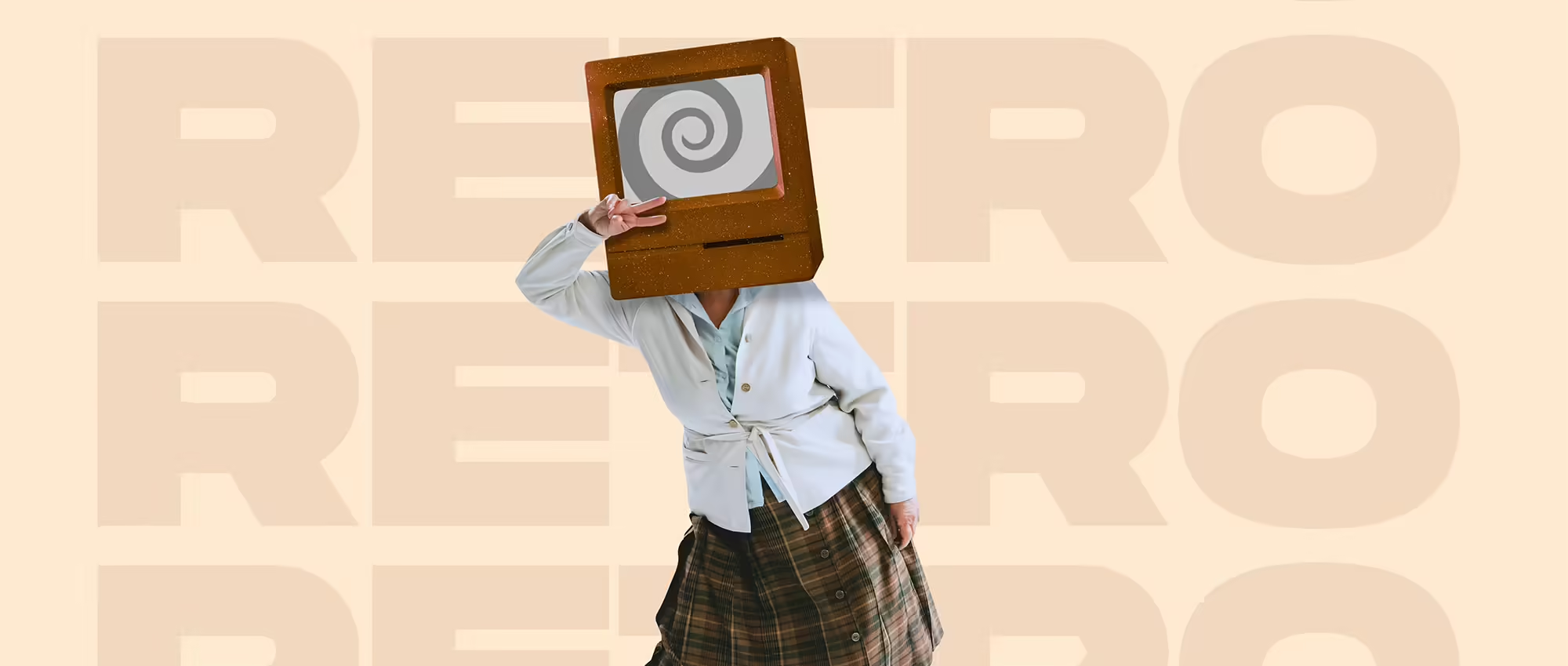What is a Death Doula?
As a mental health therapist, I work a lot with grief and loss and terminal illness in my practice. I believe in death acceptance rather than death denial. There is a growing “death positive” movement and the goal of this movement is to create a culture where the discussion of death is not taboo. It is about having honest conversations about death as well as ecofriendly death practices. Having an open conversation about death is one way to ensure that a person with a terminal diagnosis has their needs and preferences known. The dying and their loved ones should be given psychosocial support. This creates less stress and anxiety for the dying and their family.
One trend in the death positive movement is the growth of the death doula profession. Sometimes, a death doula will refer to themselves as an end-of-life doula, death worker or death midwife. Death doulas support the dying as well as their family. They do not perform medical tasks. They can help with end-of-life plans, provide emotional care, funeral plans or even assist with practical tasks such as respite care. Some death doulas help their clients create a death plan. A death plan might include who they want present at the time of their death, if they want music played, how they want their room to visually look, what scents they want in their room. The death plan allows the client to take control of how the want their death to look and this can feel empowering. This helps to rehumanize death, rather than medicalizing it. The role of the death doula is flexible, and it depends on the unique needs of the individual client.
I have experience as a hospice social worker, and I am an INELDA trained end of life doula. I am passionate about allowing the terminally ill to talk freely about death. If we deny this, we are marginalizing them. This is not healthy for the dying or their loved ones. Normalizing death allows people to become more informed and less anxious. I love working with people to help them overcome death anxiety. I feel honored to have the opportunity to provide a safe space for the terminally ill and their loved ones to process their feelings. I offer flexible hours and provide services in person in my Overland Park office, or I can provide telehealth services for anyone in the state of Kansas.
What is a Death Doula?
As a mental health therapist, I work a lot with grief and loss and terminal illness in my practice. I believe in death acceptance rather than death denial. There is a growing “death positive” movement and the goal of this movement is to create a culture where the discussion of death is not taboo. It is about having honest conversations about death as well as ecofriendly death practices. Having an open conversation about death is one way to ensure that a person with a terminal diagnosis has their needs and preferences known. The dying and their loved ones should be given psychosocial support. This creates less stress and anxiety for the dying and their family.
One trend in the death positive movement is the growth of the death doula profession. Sometimes, a death doula will refer to themselves as an end-of-life doula, death worker or death midwife. Death doulas support the dying as well as their family. They do not perform medical tasks. They can help with end-of-life plans, provide emotional care, funeral plans or even assist with practical tasks such as respite care. Some death doulas help their clients create a death plan. A death plan might include who they want present at the time of their death, if they want music played, how they want their room to visually look, what scents they want in their room. The death plan allows the client to take control of how the want their death to look and this can feel empowering. This helps to rehumanize death, rather than medicalizing it. The role of the death doula is flexible, and it depends on the unique needs of the individual client.
I have experience as a hospice social worker, and I am an INELDA trained end of life doula. I am passionate about allowing the terminally ill to talk freely about death. If we deny this, we are marginalizing them. This is not healthy for the dying or their loved ones. Normalizing death allows people to become more informed and less anxious. I love working with people to help them overcome death anxiety. I feel honored to have the opportunity to provide a safe space for the terminally ill and their loved ones to process their feelings. I offer flexible hours and provide services in person in my Overland Park office, or I can provide telehealth services for anyone in the state of Kansas.




